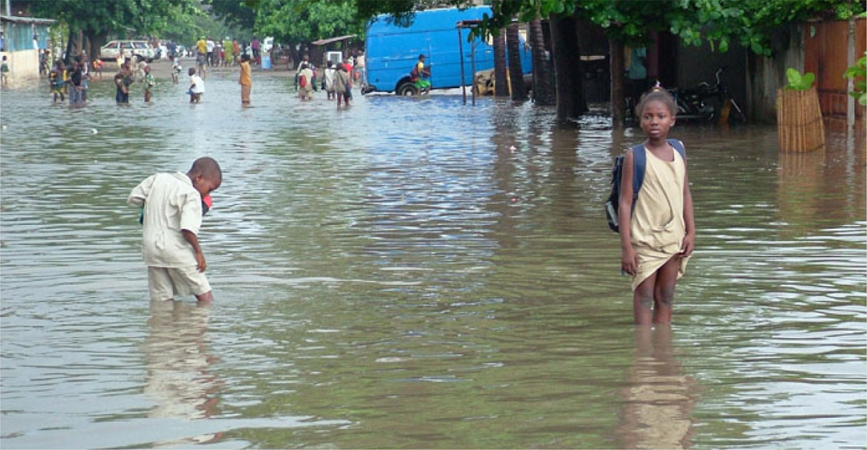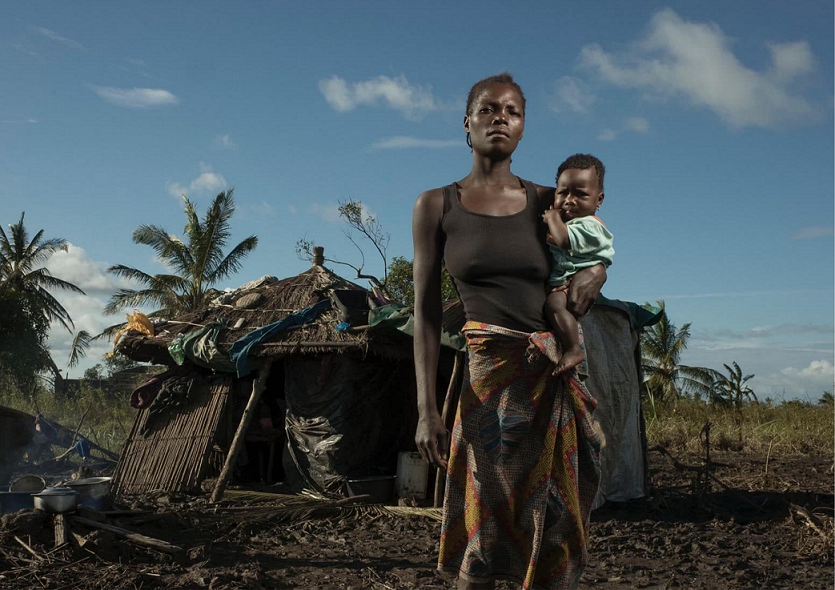FOOD, HEALTH, AND EDUCATION—three things that have a strong impact on the lives of women and children in rural communities. These three things climate change snatches away. In Nigeria, climate change presents itself as flooding and increased temperature majorly. Along with it, is air pollution which is becoming a menace in urban and rural-urban areas. This climate change has a huge effect on the health of little children and adults.
Examining flooding, the damages it causes, and the effect these damages have on women and children in rural communities; the consequences of flooding include but are not limited to damage of access roads, damage of farmlands, loss of lives, and spread of diseases. In 2020, Nigeria recorded 68 deaths linked to flooding, but this does not account for the unreported deaths in communities. Pregnant women and children are more at risk of this fatality. Diseases like cholera, malaria, and diarrhoea get increased in flood-prone areas. With flooding and gully erosions destroying access roads, it becomes dangerous for the children who walk down these roads to school daily. Sometimes, the roads may become completely deconstructed, stopping many forms of transportation and this can be life-threatening in the case of an emergency health situation where persons need to be transported to the hospital. Gully erosion is known to destroy houses and farmlands making people homeless and hungry. Children are also in danger of being swept away by flooding and this could be fatal—this was the case for a six-year-old boy who lost his life due to flooding in Benin City in July 2018. In rural communities where farming is the major source of sustenance, it becomes devastating when these communities are faced with flooding. This creates a shortage of food increasing the poverty ratio and leading to malnutrition in pregnant women and children. With erosion destroying access roads and being a threat to the lives of little children the best bet in protecting these children is to keep them at home far from its reach. But this solution has its cons, children may lose assess to schools hence education is restricted.

EVERY DAY WE SEE the effect of climate change in our communities. We see it in the little boy who no longer goes to school because of the poor access roads, we see it in pregnant women getting sick with malaria because of the poor drainage system, we see it in children getting sick with cholera because of contaminated water. Every day, we see women and children being a large majority of rural Nigeria bear the brunt of the effects of climate change in our environment.
